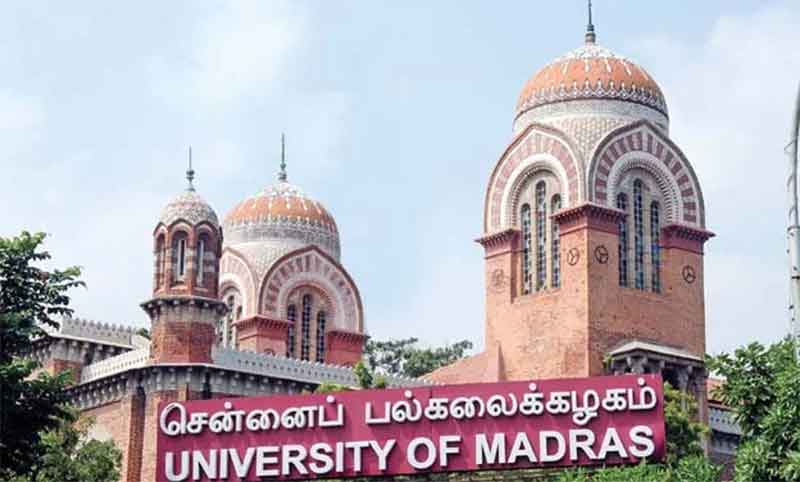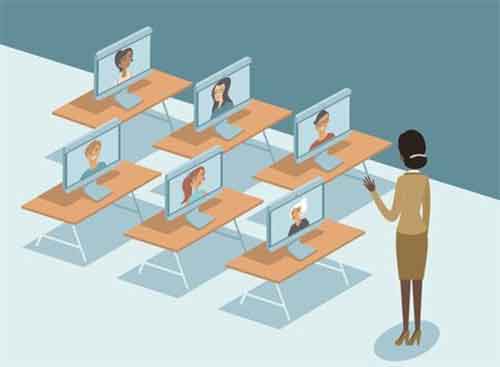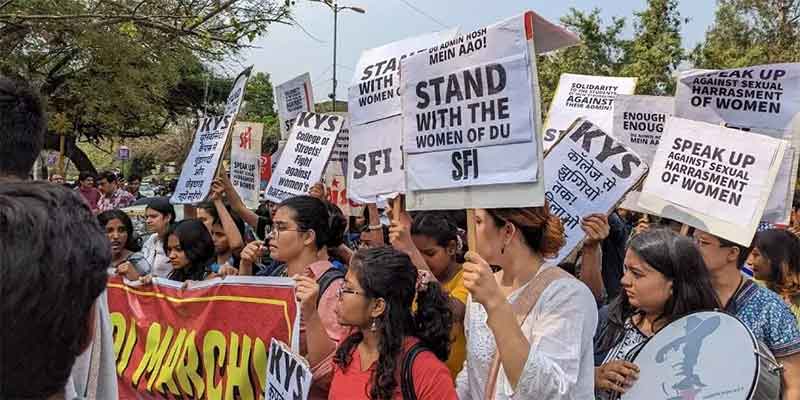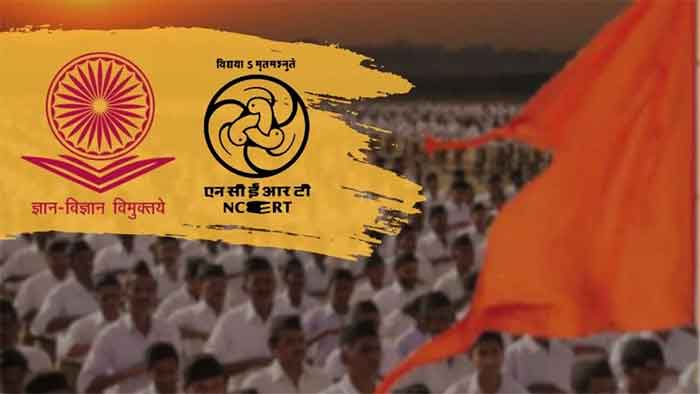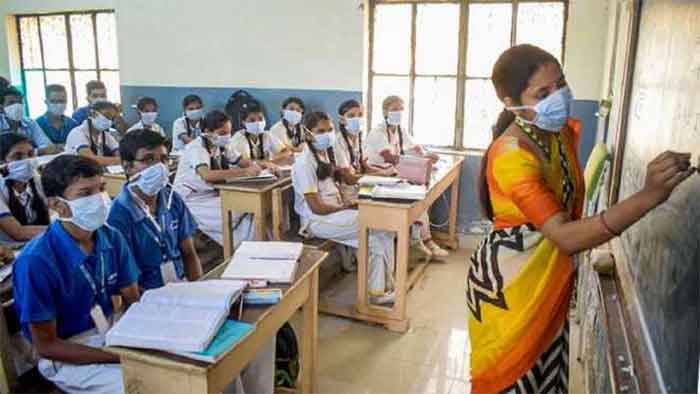
In its Term 1 sociology test for Class 12 students – held on December 1, 2021 – the Central Board for Secondary Education (CBSE) included a question asking which political party was in power when the “anti-Muslim violence in Gujarat in 2002 took place”. This has caused a furore. Calling the question “inappropriate”, CBSE has promised to take “strict action” against those “responsible”. The logic behind this response is unsettling. In the words of the board: “The CBSE guidelines for paper setters clearly state that they have to ensure the questions should be academic oriented only and should be class, religion neutral and should not touch upon domains that could harm sentiments of people based on social and political choices.”
Two points can be gleaned from CBSE’s explanation. First, the educational process should be solely oriented toward the technocratic testing of some specific skills. These skills are sets of neutral academic dispositions pertaining to agglomerations of texts, terms, symbols, signs, and markers. The specific reason for memorizing these capsules of information is never given; knowledge is driven by its own internal momentum, moving blindly in the careerist direction of ever greater marks. Thus, meritocratic objectives convert education into a system of categories, a bundle of pure thoughts abstracted from reality and existing on its own as an independent realm.
The tearing off of education from its social context – presented in the garb of “academic” objectivity – enervates epistemological creativity. Since knowledge becomes an enclosed space of mere information, it never attempts to engage with and change the landscape of reality. The actively practical nature of learning is extinguished. Education now takes place in thought, never for once leaving the scholastic comfort of mental abstractions to explore the gritty details of society. What matters is the acquisition of facts, not their contextualization in the surrounding social dynamics. This results in intellectual stagnation.
When the classroom becomes a factory workplace where discrete bits of knowledge are mechanically produced in an environment of hyper-competitiveness, no emphasis is placed on creating knowledge which stimulate more questions and help us look more critically at our own everyday lives. The concept of knowledge as an experiential guide which can be used both for ethical enrichment and social transformation is lost. Education becomes a static thing to be acquired or possessed, a commodity with commercial value for the passive consumer. This consumerist reduction of pedagogy not only promotes philistinic sterility but also digs a wider furrow for the growth of ethos that show disdain for the downtrodden masses.
An intellectual culture rooted in cold thoughts and the uncritical absorption of data starts disintegrating when it comes in contact with social phenomena that don’t fit into its procrustean formulas. A common reaction to this kind of situation is a pre-programmed resort to hierarchical figures of authority – regarded as the oracles of knowledge. These figures are, for the most part, dominant apparatuses of propaganda – like the media – which support status quoist forces. Thus, the hegemonic ideology comes to be accepted by people who are educated in the academic way suggested by CBSE. It should be evident by now that this method of teaching boils down to a sophisticated project of social engineering which converts students into objects of ideological indoctrination.
Secondly, CBSE puts forward a method of pedagogy that steers clear of burning issues and thus ignores India’s conflictual reality. By de-legitimizing questions which touch upon subjects regarded as sensitive in the country’s national atmosphere, the board is univocally destroying the critical element of education. The process of learning is not only about making your employment prospects more attractive; it is fundamentally about the broadening of the human capacity to bond with others. It is defined by our radical ability to change the apparently immoveable fact of life into a series of guides, helps and obstacles – with the ultimate goal being the undying quest for liberation. Thus, the political element of the educational process derives from its capacity to prompt students to reflect on present-day society and ask, ‘could it, and should it, be otherwise?’
The wider goals of education – the political essence of learning – can’t be realized as long pedagogy is geared toward the de-politicization of students. By actively encouraging students to avoid reflecting on openly political topics, de-politicization reinforces a discourse of individualism which exalts personal neutrality in the face of supposedly controversial issues. Inert detachment from critical thinking substitutes notions of the common good and engaged citizenship. Many a times, this neutrality turns into complicity as we keep standing as silent observers even when confronted by blatant spectacles of brutality. In other words, efforts to hive off politics from education lead to an anaesthetic moral imagination. Individuals educated in such a way frequently find themselves unable to move beyond self-interest and develop a common language promoting the habits, sensibilities, and values crucial to democracy’s survival.
If we want to aid the strengthening of democracy in India, we need an educational system that not only prioritizes skill formation but also accords a central place to humanization – the journey in which we continually strive toward emancipation from all kinds of oppression. This can’t be done as long as CBSE sticks to its policy paradigm of commodification and de-politicization. These twin strategies not only impact the domain of education but corrode the very soul of the nation. As Prabhat Patnaik says: “education is essential not just for the development of a country, but for the very survival of the freedom of its people. The realm of higher education is the cradle of ideas; the shrinking or extinction of this realm necessarily makes a society parasitic on others for its ideas, and such a parasitic society cannot remain free.”
Yanis Iqbal is an independent researcher and freelance writer based in Aligarh, India and can be contacted at [email protected].


